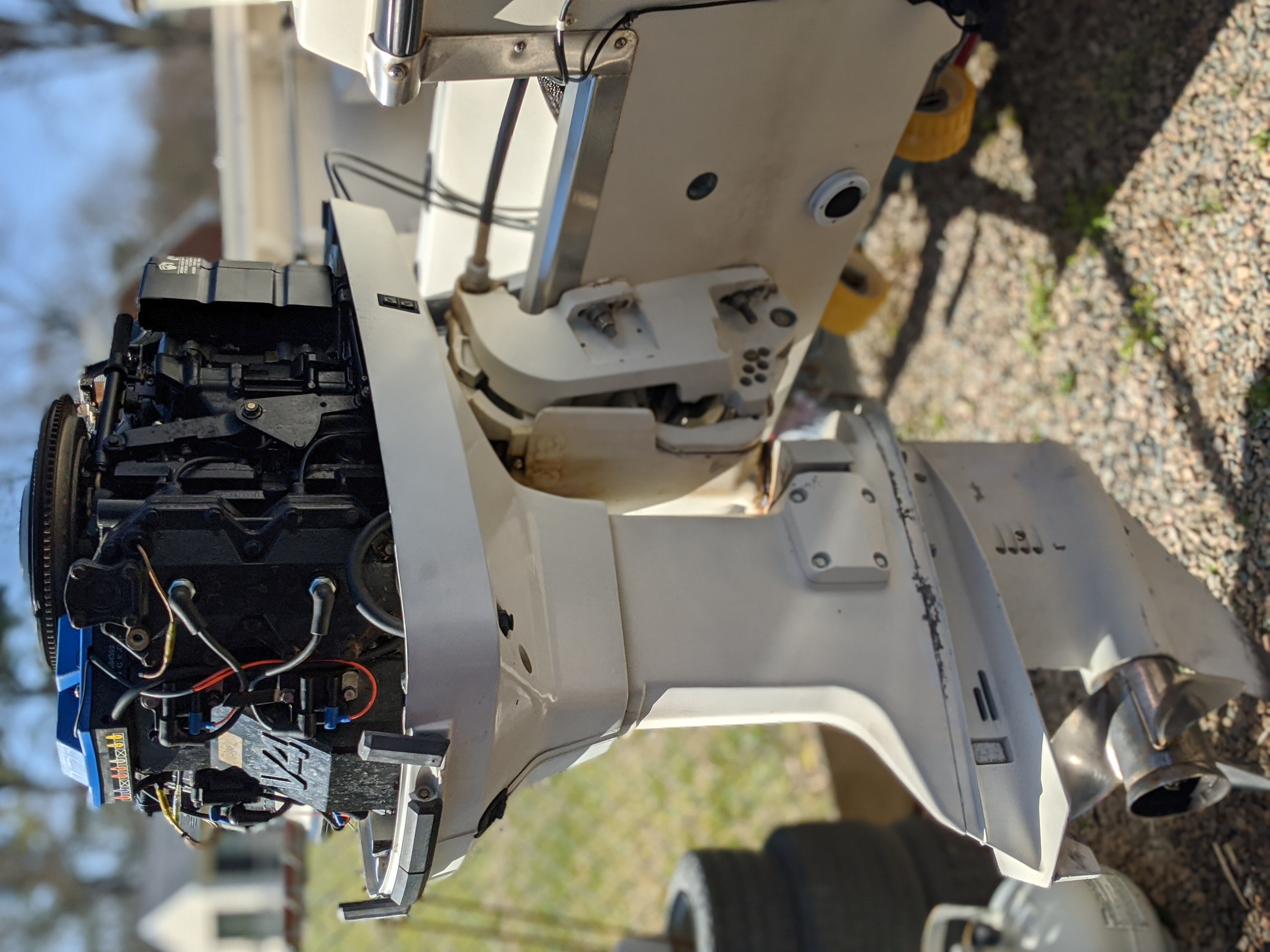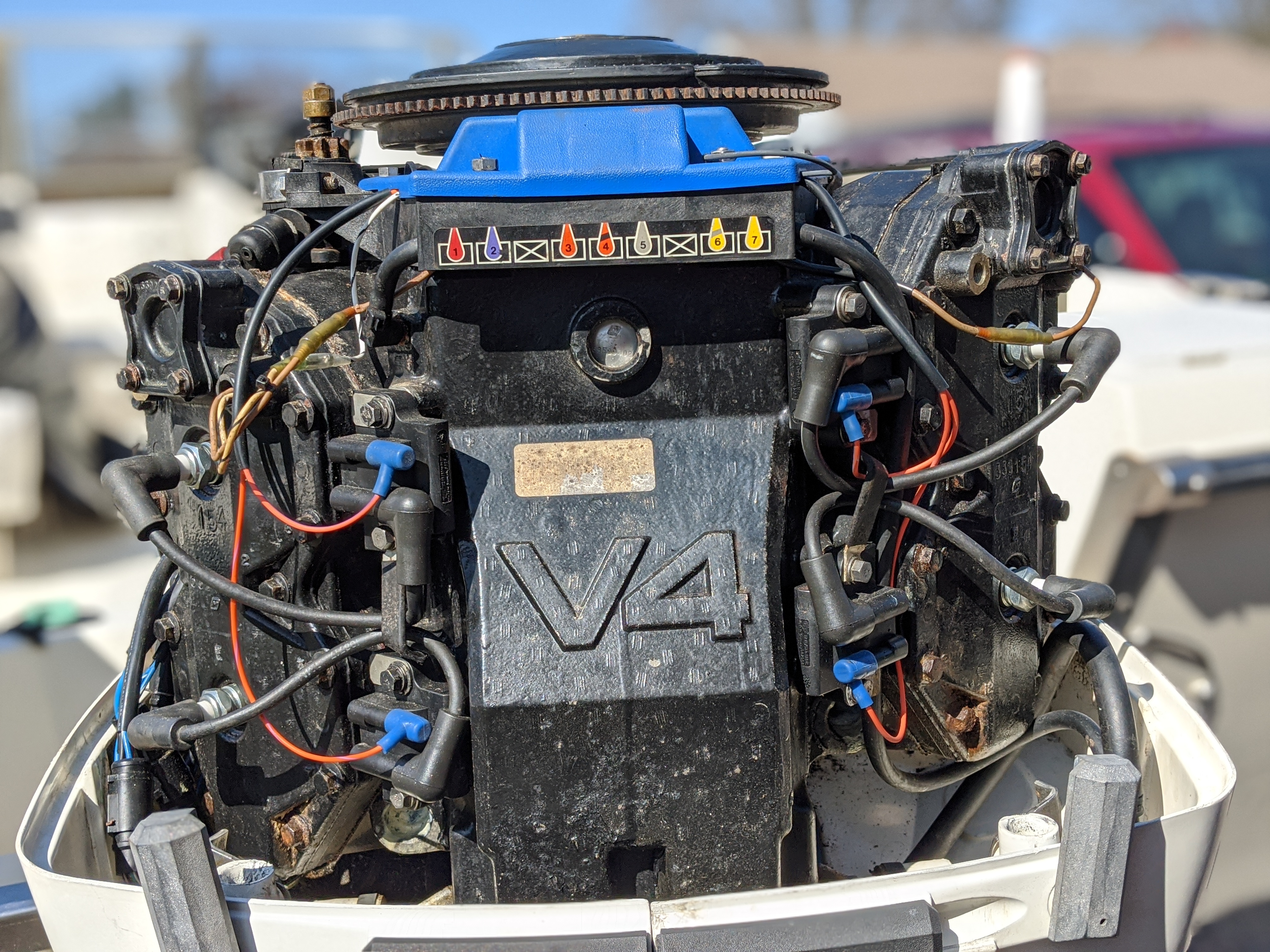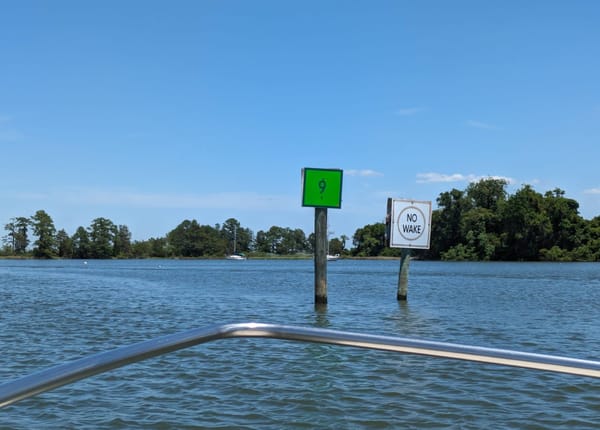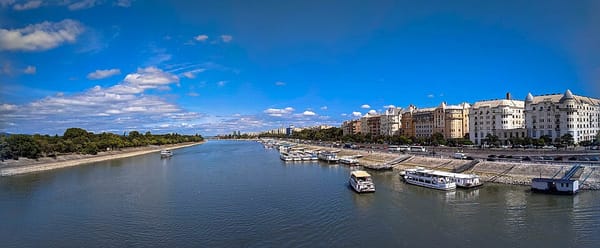Boat Maintenance: Cleaning a Marine Engine

A clean engine is not only a happy engine but a well running one. Performing regular inspections and routine cleaning is a key component to boat engine maintenance. It’s also a good way to spend less time handing over the dough to mechanics (and more time having fun out on the water). Today, we’re going to go over some tips on how to clean your boat engine.

Photo: Sandy Allen
An outboard engine, also called a powerhead, is composed of the block, pistons, heads and valves. All of these parts work together to keep your boat running smoothly, so it’s only fair that you check it over once in a while. It’s recommended that you rinse the engine after every outing in saltwater. You can do this after retrieving it from the boat ramp or after you get back to a private boat slip rental. If boating in fresh water, you can probably do this once or twice a season (though fresh water can still have bacteria and such that you don’t want in your engine), but saltwater is much more corrosive.

Photo: Sandy Allen
Reasons to Keep a Clean Engine
- It’s easier to spot rust, cracks and leaks if there’s no filthy grease and grime covering it up.
- Engine life is improved.
- There’s less of an impact on the environment.
- Greasy engines can lead to smells in the cabin of the boat.
- If you ever do need professional work done, mechanics can access problems quicker and easier when the equipment is clean (which might result in a lower bill for you).
Cleaning a Marine Outboard Engine

- Start by cleaning off large blobs of grease.
- Clean with soap and water. Dawn dish detergent is an excellent product to remove grease.
- When rinsing the outboard engine, don’t use high pressure, as that can force water into electrical connections or other areas that shouldn’t have water.
- After rinsing with water, let it dry.
- Lubricate all controls and outboard cowling latches with grease.
- Spray the engine block with a silicone-based aerosol lubricant such as Yamalube Marine Silicone Spray. This helps to prevent rust and corrosion.
- Keep degreaser away from the alternator, air intake and any belts and pulleys.
- Check for loose fittings, bolts and screws and rusty fasteners. Remove and clean them, or replace them if necessary.
- Paint helps to prevent corrosion on marine engines. Brush off any loose rust and scrape off flaking paint. Then, use a touch-up paint to make it all fresh and shiny again. Use something like Mercury Precision Care paint. It’s specifically designed for outboards and sterndrives.
If you have an inboard engine, it’s even more important to keep it clean, especially for environmental purposes as grease can collect in the bilge and make its way out into the water. Inboard engines are kept in engine rooms, which are usually pretty small and cramped. This is the time to enlist the help of a thin friend or your small and wiry offspring. Leaks and rust can hide on your engine, causing unseen damage, so it’s good to get an up-close look at what’s going on.
Taking care of basic maintenance before it becomes a problem is key to a properly functioning boat. You can periodically check your boat’s engine while it’s docked at a private boat lift for rent. This ensures that it’ll be ready to go whenever you are. Happy boating!



